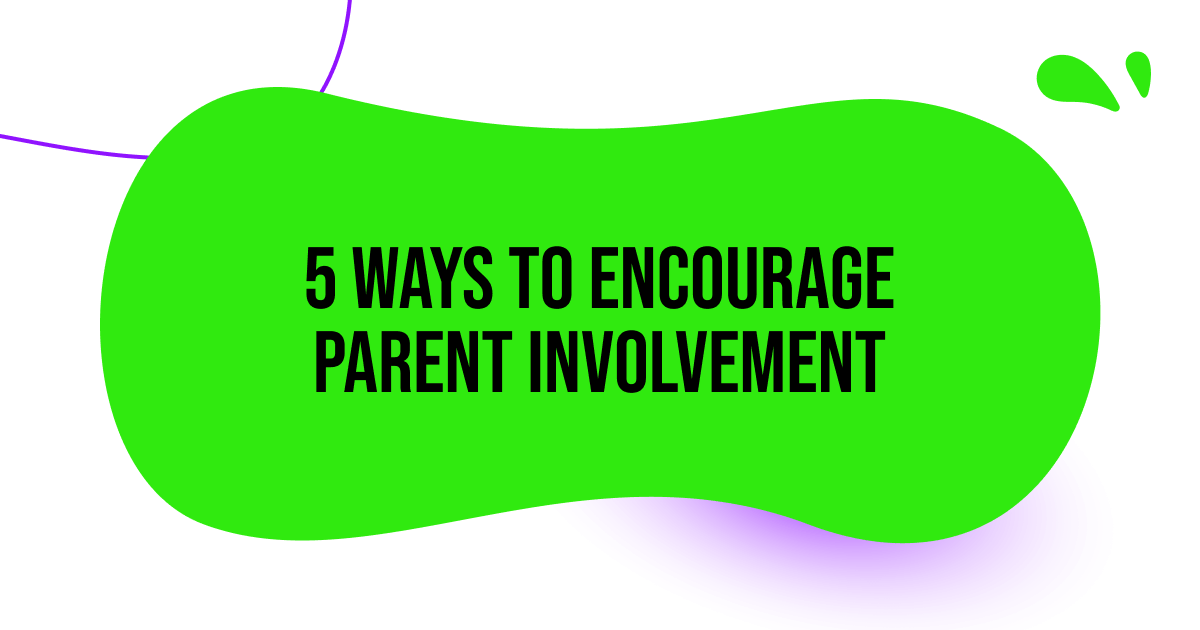
As a league admin or coach, there are so many different things that weigh on your mind from game plans and strategies to dealing with sick or injured players or even planning a party for your team over the holidays.
You can’t do it all on your own, and so a lot of times you turn to parents to help with planning events, fundraisers, help with registration and other things—these are also people that are just as busy in their own lives, too. In a way, encouraging parental involvement is almost equally as important as player involvement. After all, who’s going to take them to practice, wash their jerseys, or help them develop those skills they’ve learned at practice? That’s right. Parents. You need them and need them to WANT to get involved.
Here are 5 ways you can encourage parent involvement in youth sports:
- Make getting to know these parents a priority
Make it a priority to let parents know early on how important their participation is. Parents play an important role in the introduction of their children to sports and they “provide concrete and emotional support throughout children’s sports careers.” A parent’s encouragement and support play a major role in the success of that child and ultimately the success of a team. Coaches get limited time during the week to help youth athletes develop skills, and the majority of the development will take place under the assistance of their parents. It’s crucial you make them aware of this important role.
- Let them know your coaching methods/philosophy
Share with parents your coaching methods and philosophy so they understand your thought processes and the strategies that go into a game. This helps to further develop a culture of communication, and it can help answer their questions before they ask them. They may not always agree with you, but you can at least hope to help them understand why you made the decisions you did.
We have a messaging center to help you communicate with those parents and share any important news with parents and athletes, as well.
- Tell them you appreciate them
People like to know they are appreciated. Letting parents know that you appreciate them for their help reinforces the methods you preach. Tell them that you appreciate their child’s effort, how they’ve shown improvement, and thank them for supporting you and promoting a positive team culture.
- Get input and assistance on things like fundraisers, registration and other administrative tasks
No man is an island. Coaches and league administrators may often feel like they can manage everything on their own, but it’s important that you know where your strengths lie. You may be an excellent motivator on the field or a great at organization, but not the best at managing fundraisers or the headaches involved with team registrations. Reach out to team parents for volunteers and ask for help when you need it. We have tools to help you make your life easier when it comes to managing fundraisers, registrations and payments.
- Encourage involvement but not “over-involvement”
It’s a delicate balance, right? It might be a parent’s way of showing they care, but be wary that there is a fine line between supporting a child and being overbearing. ”Overinvolved parents are emotionally involved” with their child’s experiences and performance, and they tend to project their own goals onto their child, which can have a negative effect on the child and the entire team. In this leadership role, your responsibility is to lead the team, make the tough decisions and manage relationships with both athletes and parents.
Encouraging involvement from parents is important. That parent/coach relationship is as important as the relationship between a coach and athlete. So, it’s something that you have to take into consideration. Ultimately, as is true with so many things, the best way to develop these relationships is to communicate—and in some cases overcommunicate.
Dealing with sports parents isn’t easy, but it’s just another part of the game. Here are some tips we’ve offered for dealing with some of the crazier sports parents before they get too out of hand.



